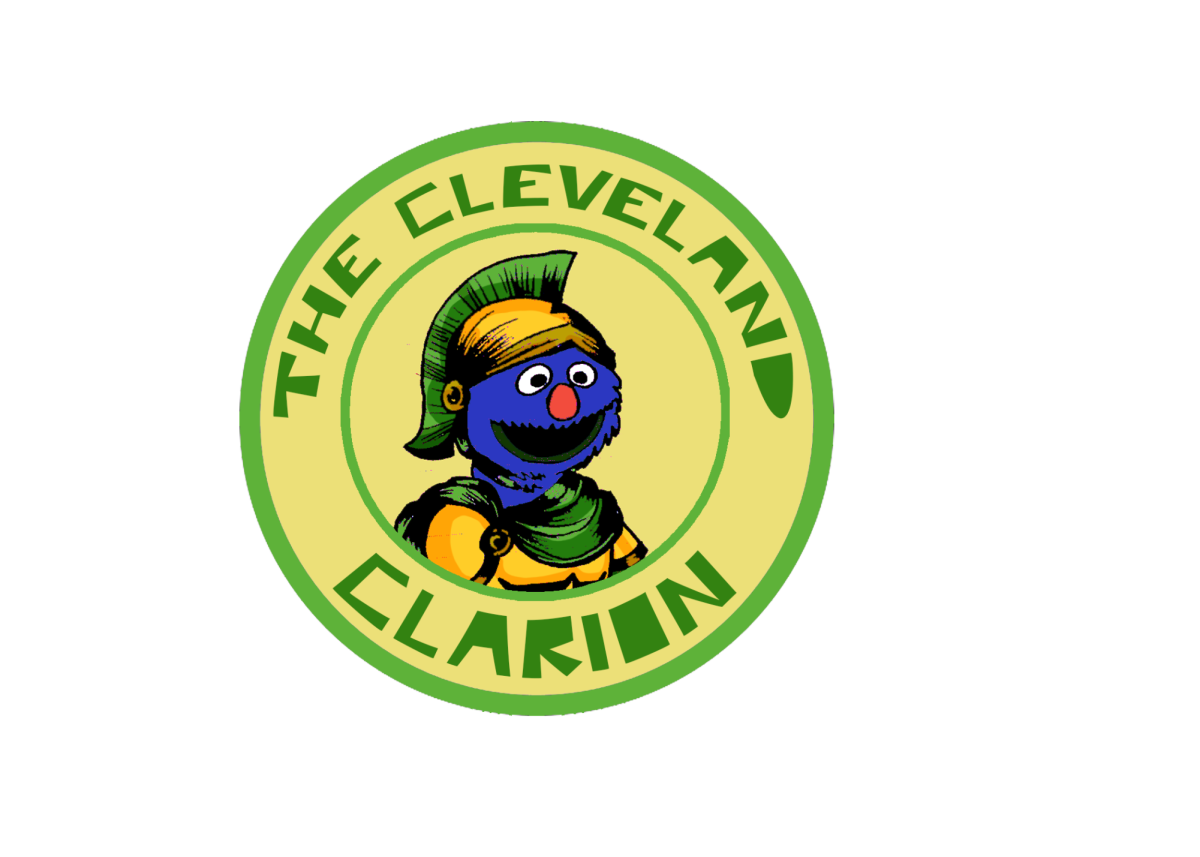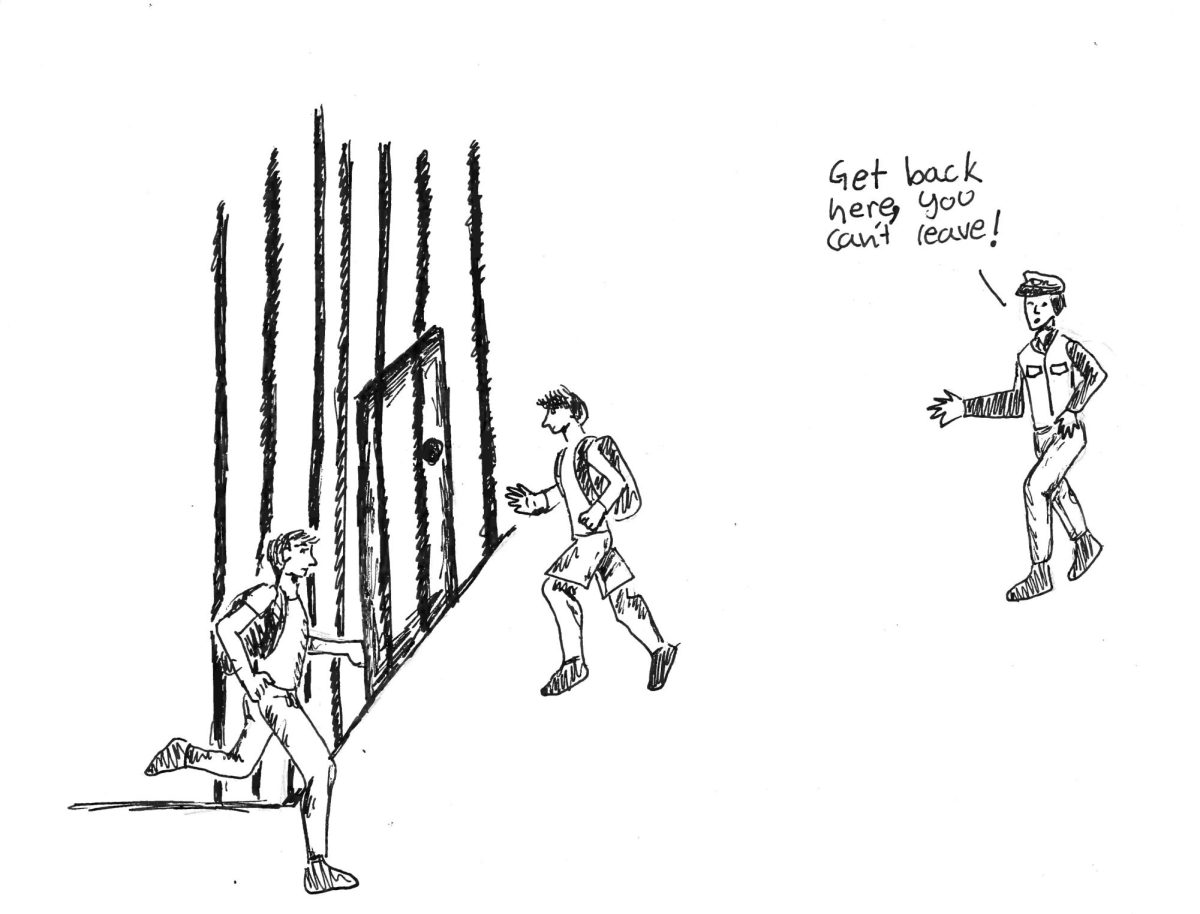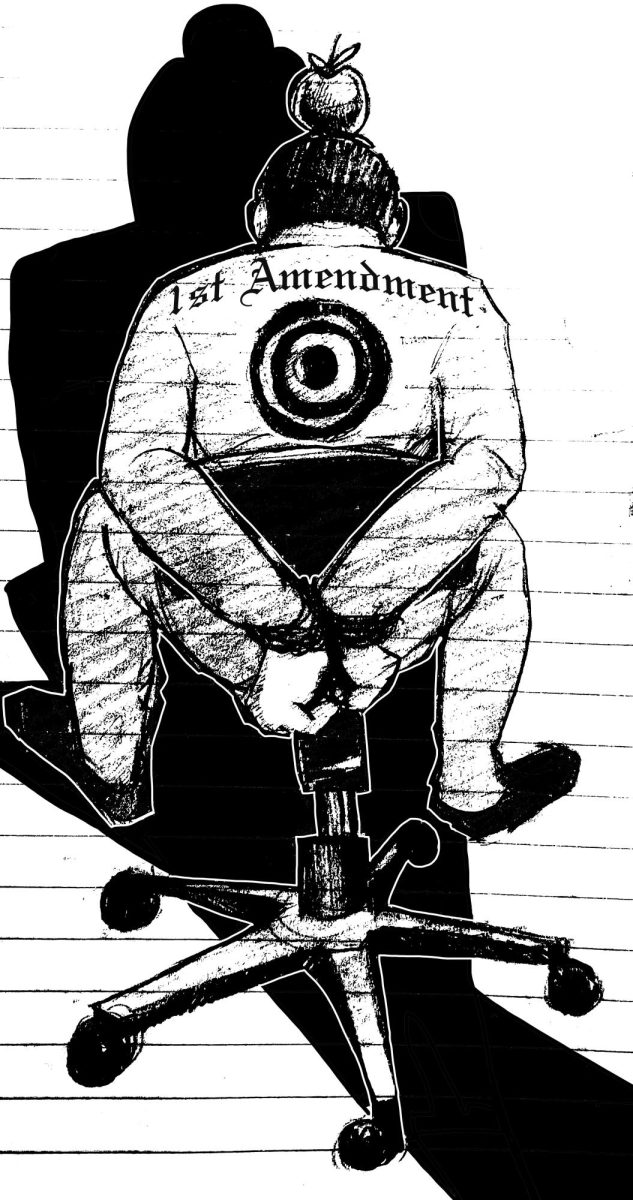Video Game Back Alley: Don’t Keep In Mind
Mental Illness Isn’t a Game.
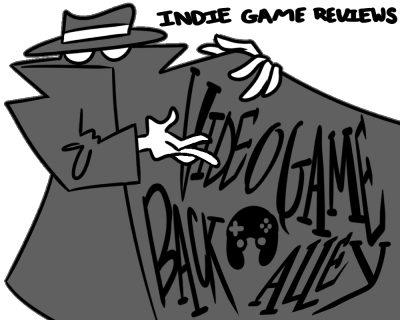
May 14, 2019
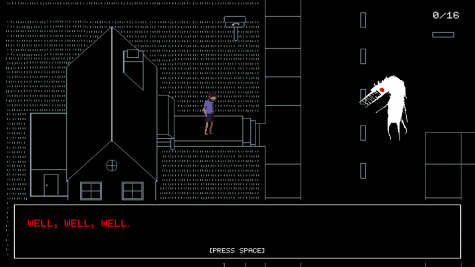
It’s not often I’m extremely critical of a game in Back Alley Gaming, but I’ve got to address this piece. I like games that really make you think, games that have darker overtones, and games that address an overlooked aspect of the human experience. So when I hear about “Keep In Mind,” a game about a man going through his own subconscious trying to seek redemption for the sins of his past, I thought it sounded incredibly interesting. What I wasn’t prepared for was 30 minutes of tired mental illness cliches being thrown in my face.
The game is extremely short, which is not enough time to create a compelling piece or develop a character well. The protagonist Jonas is asleep in an alcohol-induced slumber, and while he rests he appears to go into his own mind to confront his own mental issues face to face. After you talk to all of them, you go back to your mirror and it is revealed that you feel an intense guilt for being somewhat responsible for the death of your younger brother as a child. After you confront a version of yourself with red eyes about this issue, you wake up. You wrap your arms around your wife, and it is implied that Jonas has learned to forgive himself and move on with his life. All of this is roughly 15-45 minutes of gameplay, and then it’s over.
Although I have a small issue with the length of the game, I’m willing to let it slide because I know that it is possible to create emotionally moving media in a short piece. What I am irritated with is the fact that they try to cram in an entire character arc in that short time completely loaded with false mental illness and alcoholism tropes. By having his demons harangue him and then wake up with his life completely changed sends a bad message to the audience by saying that all it takes to cure your mental issues is a profound experience that just snaps you out of our problems.
Its depiction of alcoholism and mental health issues is not even a correct one. For many people, depression and alcoholism aren’t creatures that are screaming in their faces 24/7 like “Keep In Mind” depicts them as. They’re not being tormented around the clock by their mind. These kinds of problems are subtle, and you may not even recognize someone or even if you are suffering from them. “Keep In Mind” tries to portray them as a debilitating disorder, but this is a dramatized version of very real problems.
I do have to give the graphics and sound design some credit. It uses pixelated graphics to give it that indie feel, which makes the monsters within Jonas’s head even more alien with their distended and distorted limbs. The color palette of red, white, and black also all help create the otherworldly feeling while you’re deep in Jonas’s subconscious. The strange and quiet music as you walk in his mind also creates an isolated atmosphere, adding to the tension. Certain sound effects play when you interact with different aspects of his mind such as crying or static, which all build the immersion in the setting. Unfortunately, these great visual and audio tricks do not make up for the poor attempt at tackling a very serious subject matter.
Overall, “Keep In Mind” is not a game I would recommend if you want to understand the experience of someone suffering from trauma and their coping. The experience that this game markets is a highly dramatized version based on stereotypes and falsehoods. This short narrative does not give enough time to flesh out Jonas and give explanations for why his deep-rooted issues have gotten as bad as they have, which reflects poorly on the game. I am definitely not going to try and keep this game in my mind.




